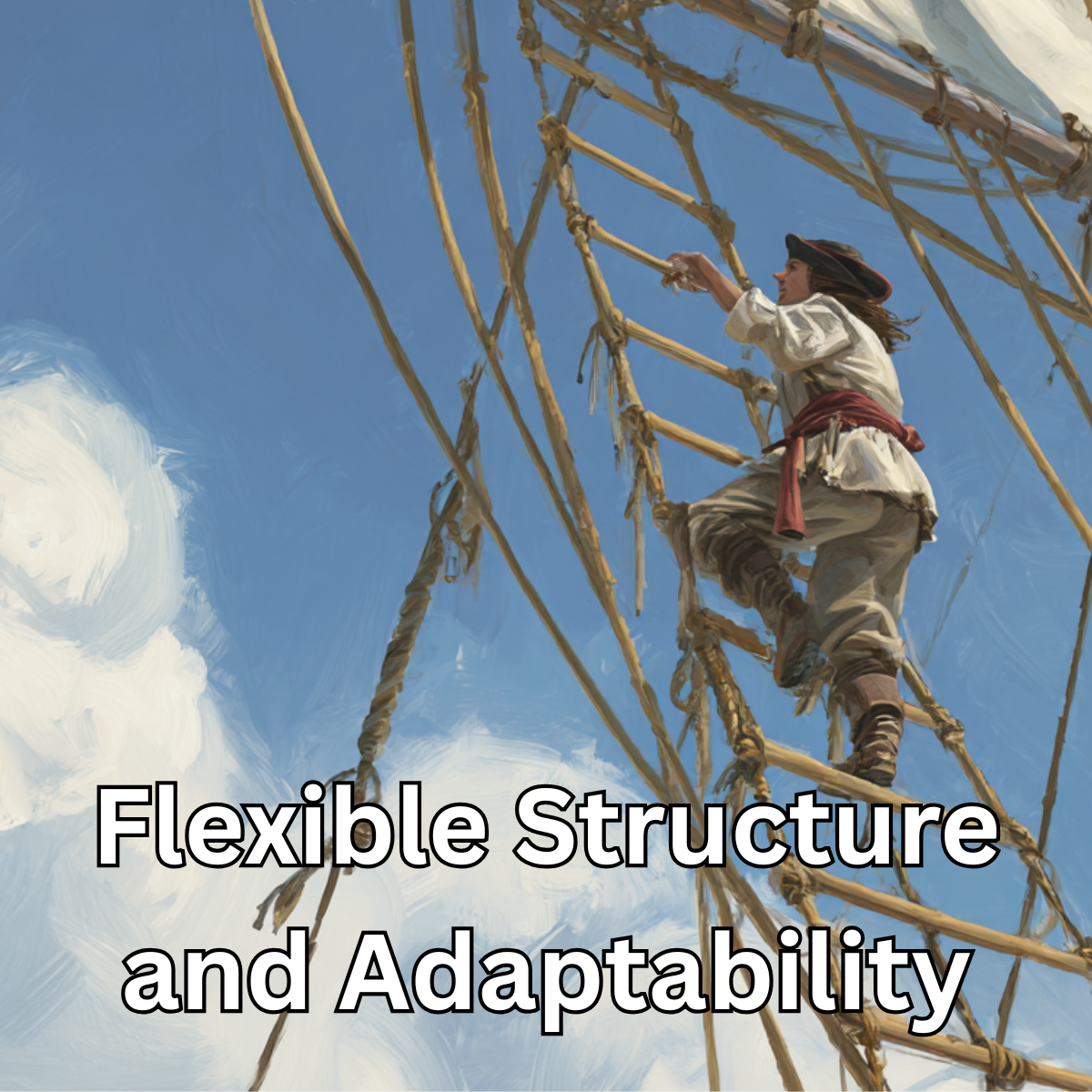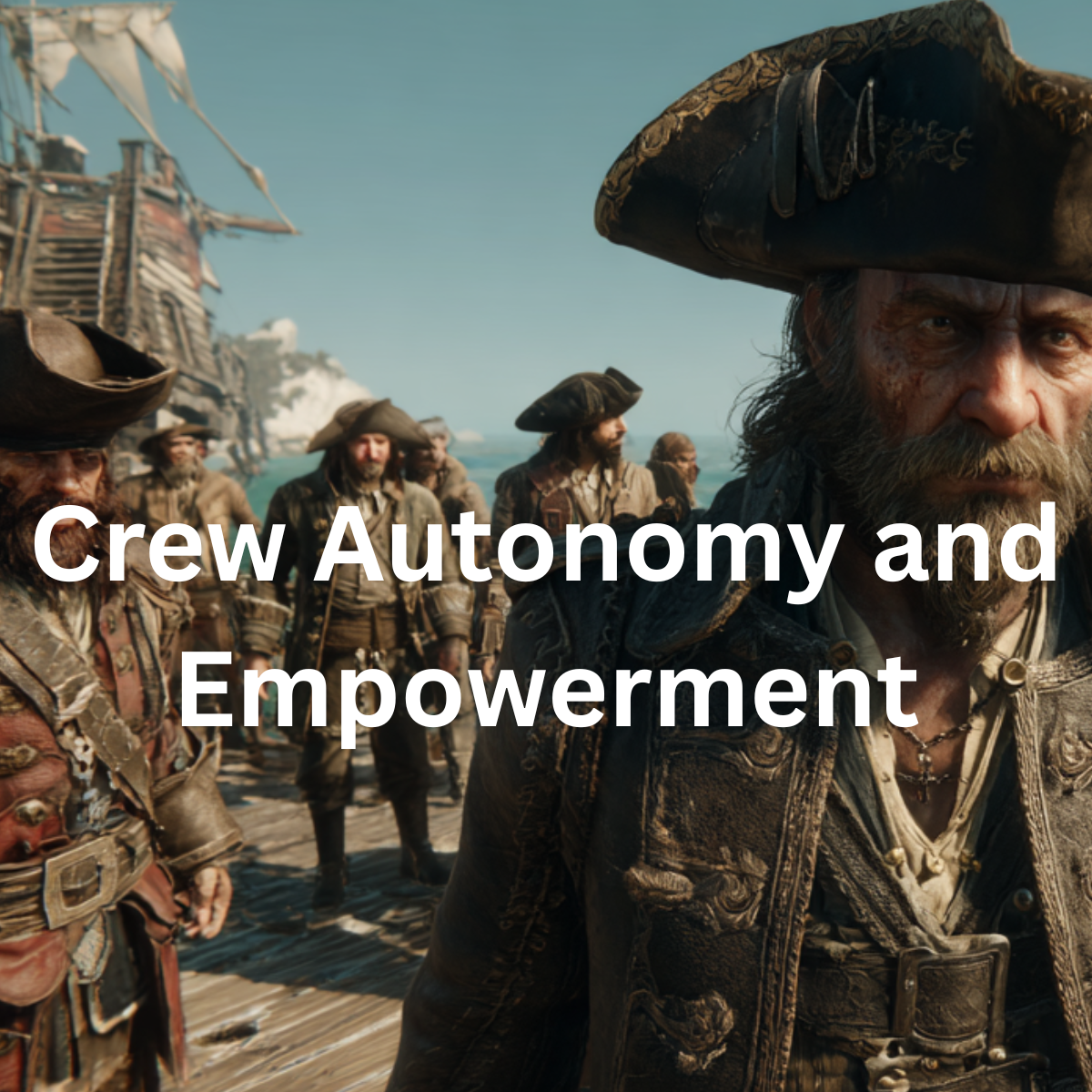“A love of fate.”
How do you react to something that happens to you that is good? bad? How do you handle things that get in your way, people that resist you? What is your mechanism of dealing with that?
Many people when they hear the name Friedrich Nietzsche will have a visceral reaction. Somewhere back in their minds they will tie the phrase “God is Dead” or the foundations of Nazi philosophy to him. The irony is that it is the exact opposite. He warned of what society would become once God became dead and we lost our sense of belonging and purpose. He proved to be right, look what happened to a society that lost its way, or at least enough of that society did to cause such a devastating effect on human life.
We would be wise to remember the philosophies of the wise people of yesterday. We are so quick to throw them down, disregard them and trample them under the contextual analysis of today’s rationale. The Romans were guilty of all sorts of atrocities, I am sure, however their society lasted for 1000s of years and their influence is still very real. Was it all bad? Was the Roman rule a symptom of evil times, or was it another twist in the fate of humanity? The stoics of the greatest culture to last the test of time in our civilization, may have been on to something. I would be glad to listen to the advice of ancient eastern cultures, despite their misgivings and I am willing to the same with the Romans.
Nietzsche defined what he thought on the achieving human greatness in his book, Ecce Homo. Essentially the book title is a German concept of How One Becomes What One Is. The book is actually pretty amazing. You cannot read one page, without spending almost a month in deep thought. Every sentence if filled with concepts that are mind blowing in and of themselves. The chapter titles are great too. Titles like, Why I am so Wise and Why I am so Clever. Many have written that this book was Nietzsche’s own trial of himself in much the same vein as the Trial of Socrates. With that context he wrote in the Why Am I so Clever Chapter:
My formula for greatness in a human being is amor fati: that one wants nothing to be different, not forward, not backward, not in all eternity. Not merely bear what is necessary, still less conceal it—all idealism is mendacity in the face of what is necessary—but love it.
Just think on that concept for a moment, here is a reflection of one of the world’s greatest thinkers who is defining the greatness of a human by their ability to accept their fate. Not only to accept, but to celebrate the greatness of it all. In his work the Will to Power, he writes:
For nothing is self-sufficient, neither in us ourselves nor in things; and if our soul has trembled with happiness and sounded like a harp string just once, all eternity was needed to produce this one event—and in this single moment of affirmation all eternity was called good, redeemed, justified, and affirmed.
The consideration here is incredible. When ever you have a moment of greatness, of happiness, a moment when you recognize and witness true beauty just think of all that had to occur to bring you to that one moment. That is the reason why suffering is tolerable and should not be resisted but rather accepted.
Are you mature enough in your presence as a person to just accept the circumstances that have led to your suffering? To not spend your time questioning, wondering, thinking, considering the alternatives? Rather to worship and even celebrate the causality of the moment despite the personal pain that it might be causing!
In the work the Gay Science, he writes:
I want to learn more and more to see as beautiful what is necessary in things; then I shall be one of those who makes things beautiful. Amor fati: let that be my love henceforth! I do not want to wage war against what is ugly. I do not want to accuse; I do not even want to accuse those who accuse. Looking away shall be my only negation. And all in all and on the whole: some day I wish to be only a Yes-sayer.
A yes sayer, not the brown nosing connotation that you probably though of when you read that. Rather a person that can just learn to accept reality and live to the moment’s fullest measure. Could we ever get to the point where we accept, in all the rich fineness the fate that has brought us to our current instance of time? Embrace rather than reject!? Accept rather than doubt?
Some of us make fun of early Christian thinking, and even some early Buddhist thinking that our fate is predetermined. We lash out in a protest about agency and freedom of thought. Just a thought for consideration – maybe we have our choice wrong. Maybe our choice is to accept or reject the events that are happening and to see them as positive!?
I think the ancient Roman concept of Amor Fati, to love fate is an expression to accept what fate has brought me, to love my circumstances for what they are, and to seek to put our investment of our personal strength into what we actually can have an impact on. Worrying about things out of our control will do nothing for us, so we might as well feel empowered by them and take each day as a new challenge.
Guy Reams



